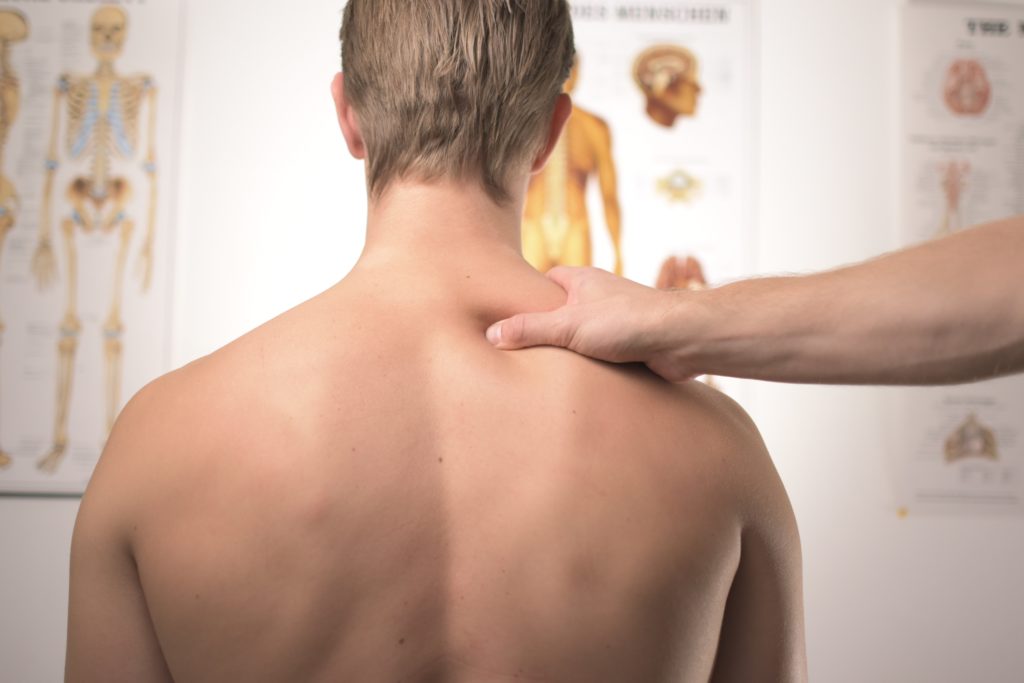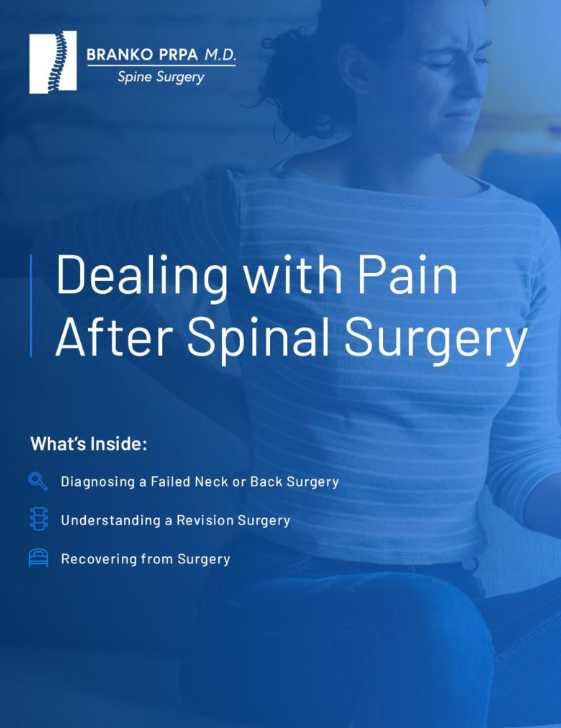In Depth Look at Degenerative Disc Disease: Treatments & Surgical Options

Degenerative disc disease treatment options range from non-surgical to surgical. You need to be knowledgeable about the options you have for treatment so you can actively participate in any conversations you have with your doctor about treating your condition in the short- and long-term.
Bed Rest
While degenerative disc disease surgery is an option in many cases, a lot of doctors will initially take a more conservative approach to treating degenerative disc disease. The specific treatment plan your doctor comes up with will be based on numerous factors, such as your age, your health and the extent to which your condition is affecting your ability to engage in your routine daily activities.
Degenerative disc disease normally progresses as a function of the aging process. While that’s the case, its symptoms can worsen suddenly if you experience spinal trauma. If you injure your back, your doctor may recommend bed rest. Bed rest will limit pressure on your spine and reduce strain on the muscles that support your spine.
It’s important to note that bed rest is not a long-term treatment for degenerative disc disease. Bed rest should be limited to 1 – 3 days to prevent your muscles from weakening, which may cause your discomfort to become more intense.
Physical Therapy and Exercise
Physical therapy is often recommended to treat degenerative disc disease. The goal of physical therapy is to reduce strain on your spine and strengthen the muscles that support your spine. This treatment is intended to reduce your pain in the immediate term as well as your future discomfort.
While you may scoff at the notion of working out when you’re experiencing back pain, exercising is critical to recovering from a spinal injury and maintaining a healthy spine. In addition to physical therapy, your doctor may create a physician-approved exercise regimen designed to strengthen your muscles and reduce the strain on your back.
Medication
Some people experience relief from back pain by taking over-the-counter medications like aspirin, acetaminophen or anti-inflammatory medications like ibuprofen or naproxen. If your pain is severe, your doctor may prescribe a painkiller, such as codeine or morphine, to lessen your discomfort.
Alternative Treatments
In addition to the conventional, non-surgical treatments mentioned above, you have several alternative treatments available to you. These alternative treatments include acupuncture, chiropractic manipulation and herbal remedies.
If you choose an alternative treatment for your degenerative disc disease, it’s vital for you to consult your doctor. This is particularly true if you choose to treat your condition with herbs. Certain herbs can interfere with prescription medications so it’s crucial for you to discuss the herbs you plan to take with your doctor before you start an herbal treatment plan for your disease.
Degenerative Disc Disease Surgery
If your back pain continues after you’ve been treated with a more conservative approach for a number of weeks or months, your doctor may suggest spinal surgery to relieve your discomfort. Luckily, degenerative disc disease surgery is no longer as invasive as it once was.
While a spinal fusion is the traditional manner in which degenerative disc disease has been treated through surgery, many doctors now rely on minimally invasive procedures to treat the condition. Some of the minimally invasive procedures that are often used to treat degenerative disc disease include the following:
- Foraminotomy
- Laminotomy
- Discectomy
- Facet thermal ablation
While the procedures listed above are used for decompression, you may need stabilization instead. Here are some of the minimally invasive surgical options for stabilization:
- Anterior cervical discectomy fusion
- Posterior cervical fusion
- Transforaminal lumbar interbody fusion
- Lateral lumbar interbody fusion
- Cervical disc replacement
- Sacroiliac (SI) joint fusion
When you undergo a minimally invasive operation for degenerative disc disease, you can generally expect to recover in a matter of weeks, not months. As you recover, you’ll enjoy the peace of mind that comes with knowing you’ve found a lasting solution for your discomfort and that your quality of life will be restored to what it once was.
To learn more about degenerative disc disease surgery and why it’s often the best option for many people who suffer from this life-altering condition, schedule a consultation with Branko PRPA M.D. Spine Surgery today.

